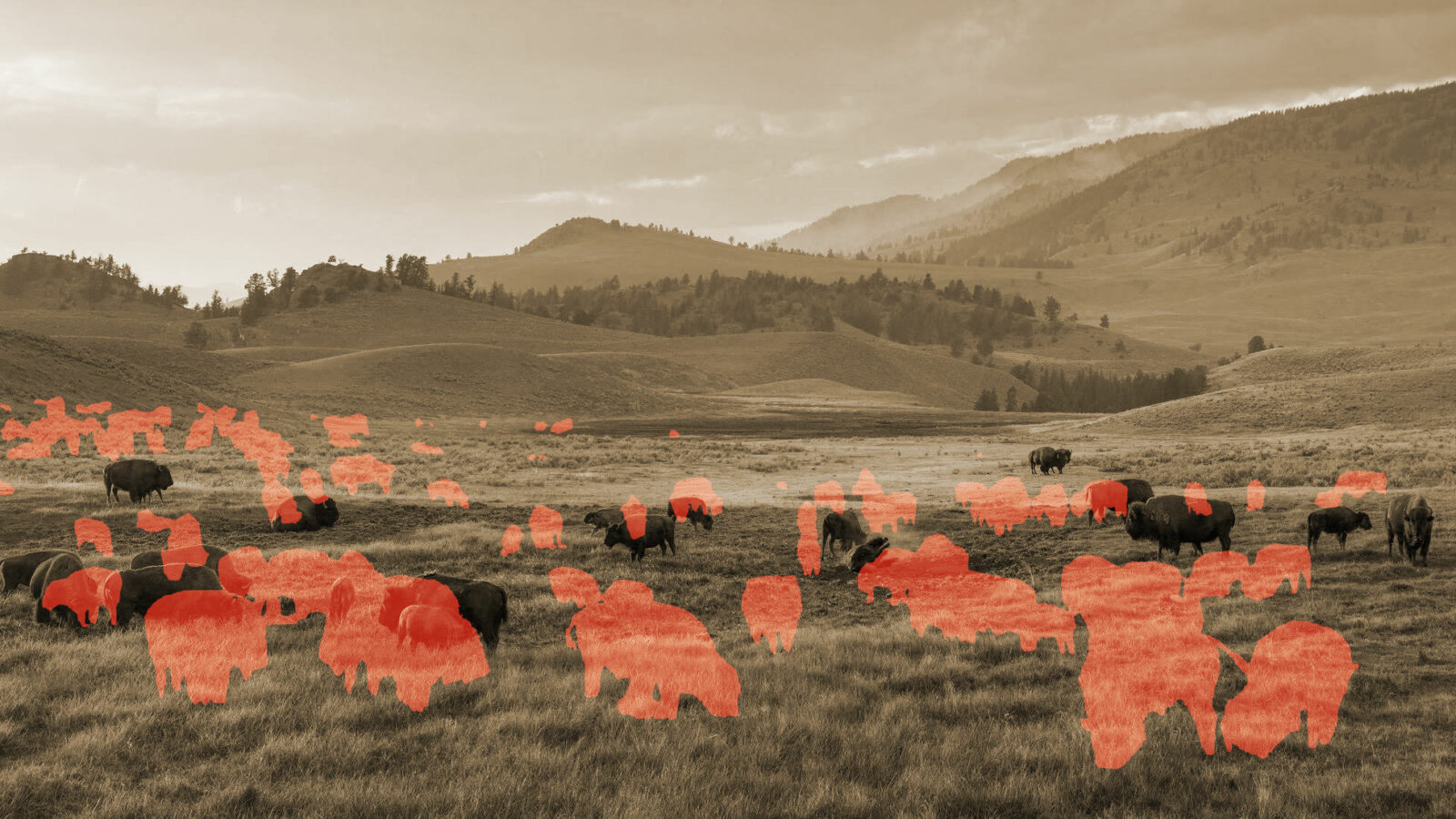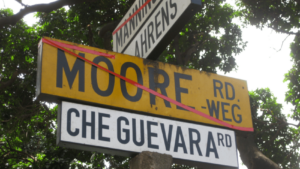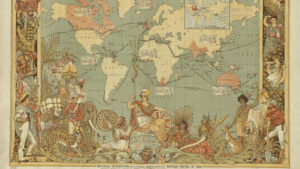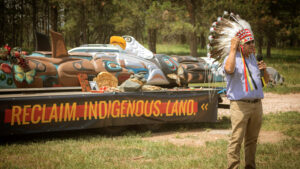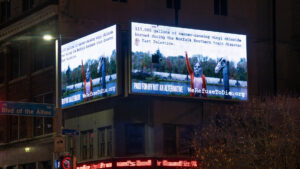4-5:15 pm ET
In the US, fortress conservation was not simply a means of managing land and natural resources, but also, as Theodore Roosevelt put it, part of “a mighty pulverizing engine to break up the Indian mass.” The settler colonial war against Indigenous Nations was also a war against the cultures and relations to land that sustained them. What characterizes Indigenous approaches to land stewardship, and what makes them irreconcilable with settler colonialism and capitalism? What conservation outcomes are these alternative approaches proving to yield? How are Indigenous culture bearers, archaeologists, and conservationists exposing the failures of current state and federal protocols for wildlife conservation, taking on the institutions and agencies tasked with preserving natural and cultural heritage, and pointing the way toward a more just and sustainable future for all?
A Red Natural History launch event, organized by The Natural History Museum. Co-sponsored by Survival International and the Center for the Humanities at CUNY Graduate Center.
SPEAKERS
Jon Eagle Sr. (Hunkpapa Lakota) is the Tribal Historic Preservation Officer for the Standing Rock Sioux Tribe.
Melissa Nelson (Turtle Mountain Band of Chippewa Indians) is an Indigenous ecologist, writer, editor, media-maker, scholar-activist, and professor of Indigenous Sustainability at Arizona State University. She is a transdisciplinary and community-based scholar dedicated to Indigenous rights and sustainability, biocultural heritage and environmental justice, intercultural solidarity, and the renewal and celebration of community health and cultural arts.
Jim Enote (Zuni) is a Zuni tribal member who has spent more than 40 years working to protect and steward cultural and natural resources. He is the CEO of the nonprofit Colorado Plateau Foundation that supports regional Native communities in protecting water and sacred places, ensuring food security, and preserving languages and ancestral knowledge. Enote serves as the chair of the board of trustees for the Grand Canyon Trust and as a board member of the Trust for Mutual Understanding, and he sits on the Governing Council of the Wilderness Society. He has received the first Ames Prize for Innovative Museum Anthropology by the American Anthropological Association; the Guardian of Culture and Lifeways Award from the Association of Tribal Archives, Libraries, and Museums; and the Hewett Award for leadership and service to the New Mexico Museum.
Andrew Curley (Diné) is an assistant professor in the School of Geography, Development, and Environment at the University of Arizona. Curley’s research focuses on the everyday incorporation of Indigenous nations into colonial economies. Building on ethnographic research, his publications speak to how Indigenous communities understand coal, energy, land, water, infrastructure, and development in an era of energy transition and climate change. He is the author of Carbon Sovereignty: Coal, Development, and Energy Transition in the Navajo Nation.

